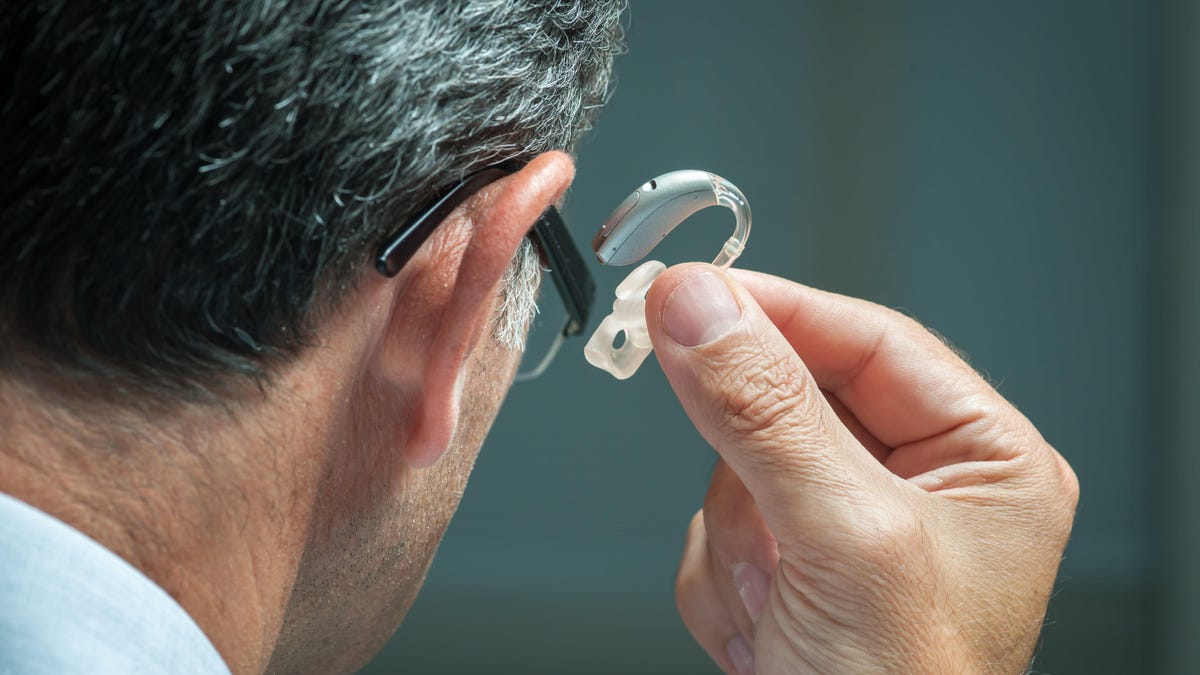Hearing Aids Are for Your Health, Not Just Your Hearing.

Most people who need hearing aids do not use them. By some estimates, this includes 70% of older Americans with hearing loss . Can you imagine that these people live with little inconvenience, and are younger relatives really supposed to scream when they are at grandpa’s house? But untreated hearing loss can seriously affect your health, including some that you may not associate with hearing at all.
Hearing loss linked to dementia
The loss of the ability to think clearly is not an inevitable result of aging. Forgetfulness, impaired thinking, and personality changes are all signs of dementia. Sometimes the cause is a medical condition such as Alzheimer’s, but dementia can have many causes and has also been linked to untreated hearing loss.
Hearing loss has been estimated to account for 8% of a person’s risk of developing dementia , making it a more important factor than alcohol use, previous head injuries, depression, or lack of exercise. This may be partly because it contributes to other triggers such as depression and loneliness.
But hearing aids can help reduce these risks. A recent study found that people with hearing loss who also used hearing aids had the same risk of dementia as people with normal hearing . The researchers write: “Of the overall association between hearing aid use and all-cause dementia, 1.5% was mediated by decreased social isolation, 2.3% by decreased loneliness, and 7.1% by decreased depressed mood.”
Hearing loss can affect mental health
The link between hearing loss and mental health is also well known. When you are hard of hearing, you are more likely to avoid social interactions because you find it difficult to communicate. You may deliberately avoid crowded places, such as parties and restaurants, because the background noise of other people talking makes it even more difficult to understand. And when you are alone, you can feel really lonely – a quiet day can be completely silent.
Hearing loss can also cause us to act socially awkward, such as speaking out of line because you don’t understand what someone else is saying. These moments can lead to problems of their own, such as worrying about how you’ll handle your next social interaction, or feeling guilty about something you’ve said or done. As a result, hearing loss tends to exacerbate anxiety and depression, explains the National Council on Aging . Social isolation is also thought to make our brains more sensitive to dopamine, potentially increasing the risk of conditions like schizophrenia.
Being hard of hearing, of course, doesn’t mean you can’t have social interaction. Many deaf people use sign language, technology, and a culture that emphasizes visual and other cues to keep their social lives alive . Whether you choose to wear hearing aids, maintain social connections in other ways, or both, this is a conscious adjustment in your life.
Hearing loss increases the risk of falling
Hearing loss without treatment is also associated with an increased risk of falls , including those that can lead to serious fractures in the elderly. There are many factors here too, including the fact that people with hearing loss sometimes avoid exercise. You may be less interested in walking or jogging if, for example, you don’t always hear cars approaching.
Our ears are part of the system that helps us balance, and some form of hearing loss can also affect balance. As we’ve discussed before, fall prevention isn’t just about balance : wearing goggles so you can see things in your path will probably help prevent falls more than practicing standing on one leg with your eyes closed. Similarly, hearing aids can help you become more aware of your surroundings.
If you think hearing aids can help, ask your doctor or see an audiologist. There are also over-the-counter hearing aids that may be suitable for some people with mild hearing loss. And if you’ve had hearing aids in the past but usually leave them in your desk drawer, start wearing them. You should wear hearing aids at all times , including when you are alone at home, to get used to them and get the full benefits.